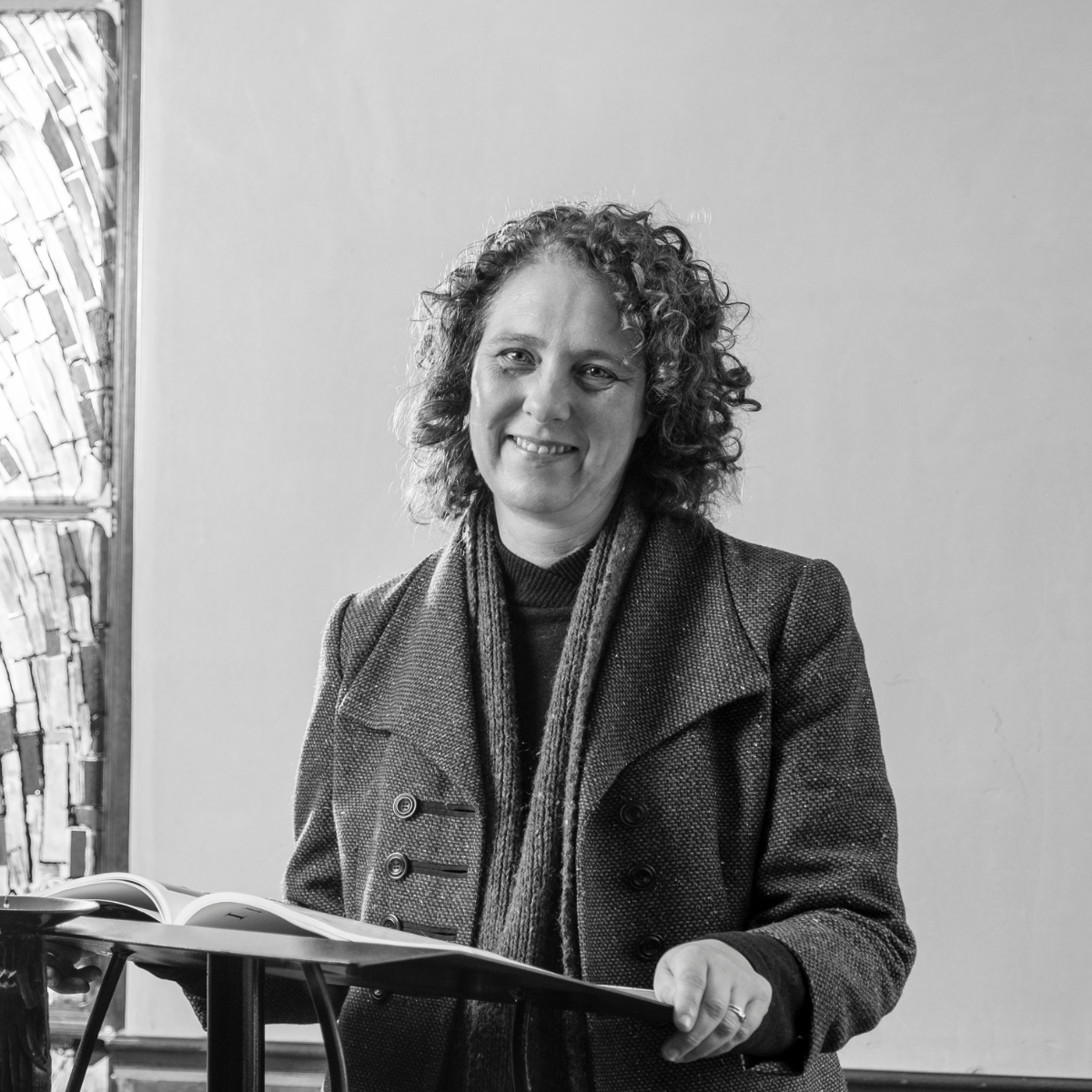Commentary on Deuteronomy 30:15-20
Our lectionary text for this week is about the question of what makes life possible: life individually and also life together. In Deuteronomy 30:15-20, people are called to make a life-or-death decision. Thus, either one chooses a life of obedience, keeping God’s commandments as set out in the rest of the book of Deuteronomy, which is illustrated by the metaphor of walking in the way of the Lord that leads to life that represents happiness, success in all one’s endeavors and, also prosperity. Conversely, going astray, turning one’s heart away from God, not hearing, and hence failing to keep the commandment to worship God alone is to follow a road that leads to death that is also connected to suffering, disease, poverty, and failure.
Deuteronomy 30:15-20 follows a long list of blessings and curses in Deuteronomy 28-29, and serves as a type of summary statement, in which one finds a direct causal link between sin and suffering, and obedience and prosperity, which inadvertently have fed into what is commonly understood as a Prosperity Gospel proclaimed in many churches today.
If one reads this text and its foregoing blessings/curses that offer a framework for the book Deuteronomy, but also much of the rest of the Hebrew Bible, one finds that believing and keeping the commandments automatically leads to one having a prosperous life, which includes also riches, fertility, health, and happiness. Conversely, a failure to keep God’s commandments set out in the rest of Deuteronomy equates to death, disease, barrenness, and misery. These two ways are vividly illustrated in Psalm 1 with an image of the wicked being blown away like chaff in the wind (Psalm 1:4), while the steadfast is like a tree next to the water, yielding fruit (Psalm 1:3).
Elsewhere in the Hebrew Bible, one also finds this choose-life-and-not death proposition. For instance, throughout the Deuteronomistic history, kings are measured in terms of their ability to choose life or death. A good example is Manasseh, who is considered to be the worst of the worst in 2 Kings 21, shedding innocent blood (verse 16), committing unspeakable “abominations”—“things more wicked than all that the Amorites did, who were before him,” and also leading the rest of Judah astray (verses 11-12). In contrast, Josiah is considered by the Deuteronomistic historian to be a good king who “did what was right in the sight of the LORD and walked in all the ways of his father David; he did not turn aside to the right or to the left (2 Kings 22:2).
Also in the prophetic books, the prophets typically connected the looming disaster of being invaded by one empire after another to the people’s inability to live up to the call to choose life, as encapsulated in Deuteronomy 30:15-20. For instance, we read in Jeremiah 11:8 that because the people did not obey God or listen to God’s commandments, God proclaims that God now is “going to bring disaster upon them that they cannot escape.” And even though they cry out to God, God is resolute “not [to] listen to them” (Jeremiah 11:11).
However, reading through the long list of blessings and curses that quite practically illustrate this choice between life and death, happiness and sorrow, one realizes that this Deuteronomistic theology, which has had such tremendous influence throughout the biblical traditions, and, moreover, till this day shapes many believers’ views regarding sin and suffering, might do more harm than good.
Already in the Psalms of Lament, the book of Job, and Lamentations, one finds how people started to challenge the basic operating principles encapsulated in this text. Yes, it is true that to do good, work hard, and focus on God leads to life. But not always? Just as wicked people prosper, bad things happen more often than not to good people: The poor do not deserve to be poor. Infertile couples have done nothing to deserve the hardships of reproductive loss. Cells go haywire when people get cancer; accidents, and natural disasters due to human fault (or malice) happen. And to place blame then on people who already suffer due to whatever circumstances have robbed them of life is to add insult to injury, particularly if preachers tell them they deserve what they got.
Perhaps the charge in Deuteronomy 30:15-20 to choose a road that leads to life, or else find yourself on the road to certain death, could be taken in another way. The command to choose life could also be taken to work for what makes life possible—for oneself and one’s immediate circle of concern, but also for others and the community as a whole. This question is particularly pertinent when one thinks of some of the burning ethical questions of the day. For instance, to name but one example: One should also be mindful that this conflation of land, blessing, prosperity, and possession highlighted in the promised land theology underlying this text has been detrimental to First Peoples in many communities all around the world. It is good to consider what blessing and prosperity of the self means if it comes at the expense of the other.
Finally, Deuteronomy 30:15-20 traditionally has been interpreted as a covenant lawsuit, in which heaven and earth are invoked as witnesses to the choice posed to people that will impact the generation to come. This text thus causes us to consider the numerous ways in which we, on a daily basis, can go about choosing life and not death so that our descendants, but also people around us, may also live. One, for instance, could explore the cosmic implications of our decisions today and how they affect our children and their children. For example, one might think of our decisions regarding climate change and what type of a world, if any, we leave behind for our children. Or how the ongoing violation of human rights of people today based on race, class, gender, and sexual orientation, may cause significant harm as tensions and divisions fester and erupt down the line.


February 12, 2023